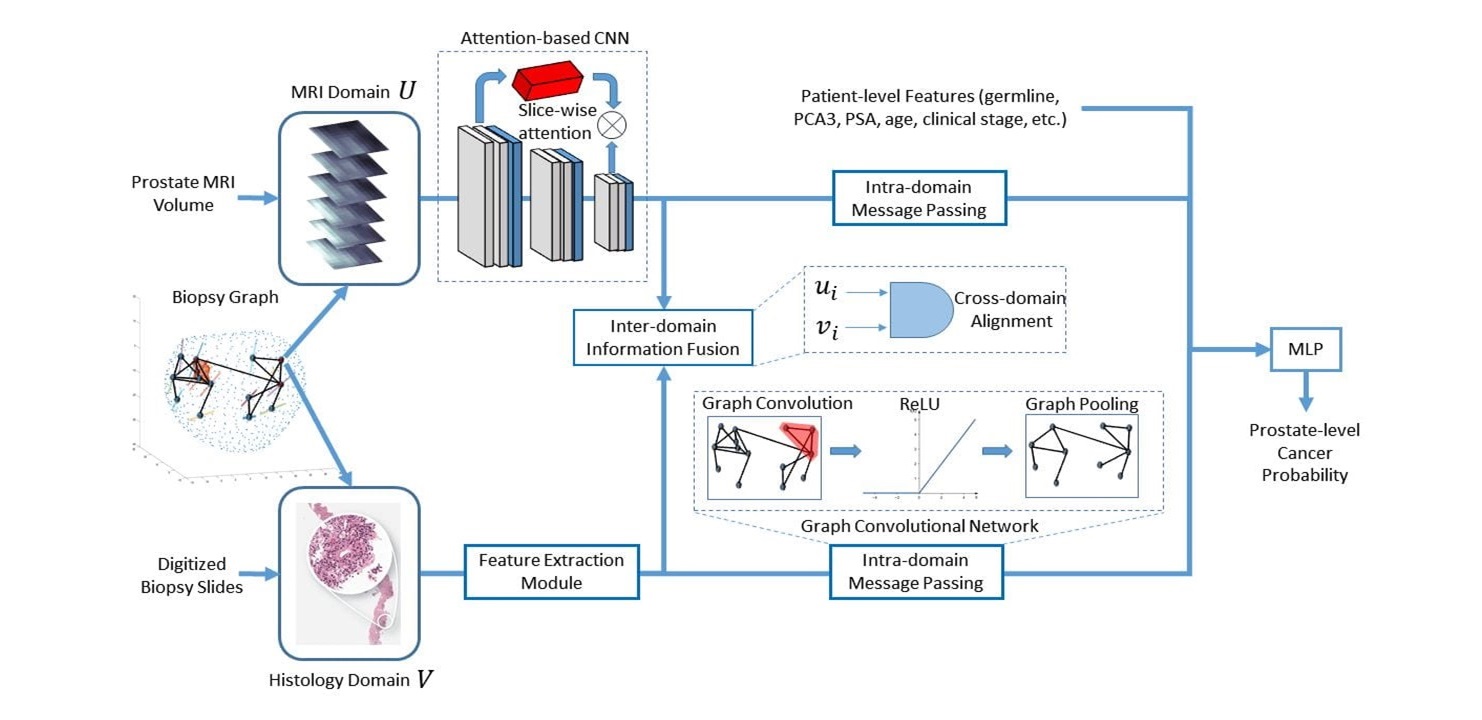AI Combines MRI with Pathology and Genetic Data to Better Detect Aggressive Prostate Cancer
Posted on 25 Dec 2023
Prostate cancer continues to pose a significant health challenge for men, despite medical advancements. The prevalent screening and risk assessment techniques often result in excessive diagnosis and treatment. Remarkably, while 90% of diagnosed individuals undergo treatment, up to 60% might be better suited for active surveillance instead Now, a team of researchers is exploring innovative methods to more accurately detect prostate cancer and assess its aggression through medical imaging, histology, genetic data, and other risk indicators. The goal is to minimize overdiagnosis and overtreatment, thereby sparing patients from unnecessary interventions and their consequent adverse effects.
Researchers at the UCLA Health Jonsson Comprehensive Cancer Center (Los Angeles, CA, USA) have received a five-year, USD 3 million grant from the National Cancer Institute to discover new cancer biomarkers and create artificial intelligence (AI) capable of identifying and predicting the aggressiveness of prostate cancer. This research aims to avoid unnecessary treatments and their detrimental side effects for patients. By integrating data from magnetic resonance imaging, digital histology images, genetic profiles, and biomarkers into a comprehensive computational model, the researchers aim to accurately capture a patient's current cancer status and predict future outcomes.

“We expect this approach to be able to provide more accurate information about the nature of the cancer, helping doctors to distinguish between aggressive and less threatening forms,” said Dr. Corey Arnold, director of the UCLA Computational Diagnostics team. “It will also allow for more personalized and targeted treatment plans, reducing unnecessary interventions and their associated negative effects on patients’ quality of life.”
Related Links:
UCLA Health














